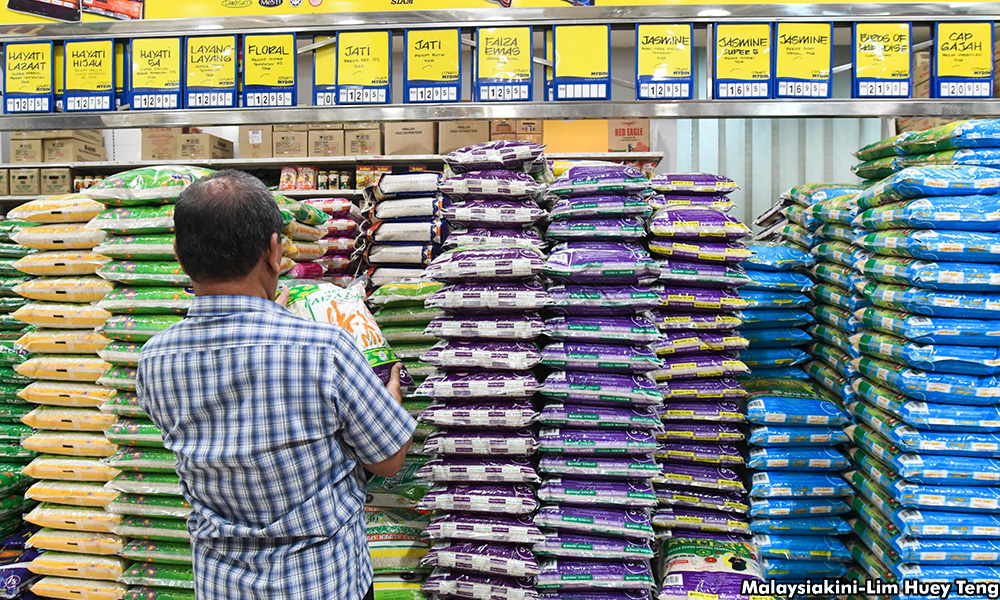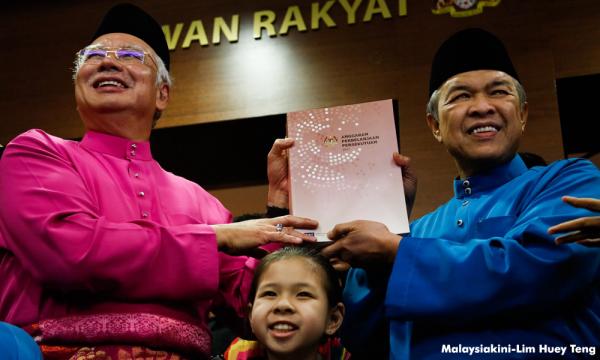A QUESTION OF BUSINESS | If the budget and economy are well-managed and controlled, there should be no problem for all to be taken care off in the forthcoming budget, to be announced next Friday.
By all accounts, including that of Treasury Secretary-General Irwan Serigar Abdullah, it’s going to be a people-friendly election budget, which will have incentives for small and medium enterprises.
There may even be income tax cuts now that the goods and services tax, or GST, has been imposed for over two years but the quantum of tax cuts is not likely to be very high considering that the government still needs to keep tax revenue at high levels to support expenditure.
Some people are talking about a reduction in GST to ameliorate the high cost of living for the rakyat but that will only lose revenue for the government while doing nothing for the reduction in the cost of living.
That’s because almost all food items and many other related consumables that the poor and middle classes consume are already zero-rated for GST and therefore reducing that tax will have no or insignificant impact on the actual cost of living that most of the population faces.

Part of the reason for the higher cost of living is the steep fall in the ringgit which results in increased prices of imported goods - including such staples as rice, sugar, wheat, milk, meat and vegetables. The ringgit has gone from RM3 per US dollar in 2009 to as low as 4.5 and now trades at around 4.2, losing more than a quarter of its value.
The rising cost of living over the past two years is most likely caused by two factors - the introduction of the 6 percent GST in 2015 and the depreciating ringgit. Although many goods and services were rated zero under the GST, traders took advantage of the situation to raise prices.
It will be a rather foolhardy move at this stage to reduce GST as a means to reduce the high cost of living.
It would be a much better strategy to cut needless expenditure, increase revenue in some places and continue with direct grants and bonuses to increase disposable income to a broad sector of the public so that they can deal with the rise in the cost of living.
Thus, one should expect the amounts dished out under the Bantuan Rakyat 1Malaysia, or BR1M, to alleviate poverty among low-income households to be increased and higher bonuses to be paid out to civil servants which will weigh more heavily on those in the lower income group. That would be the right thing to do.
But where would the money come from...


